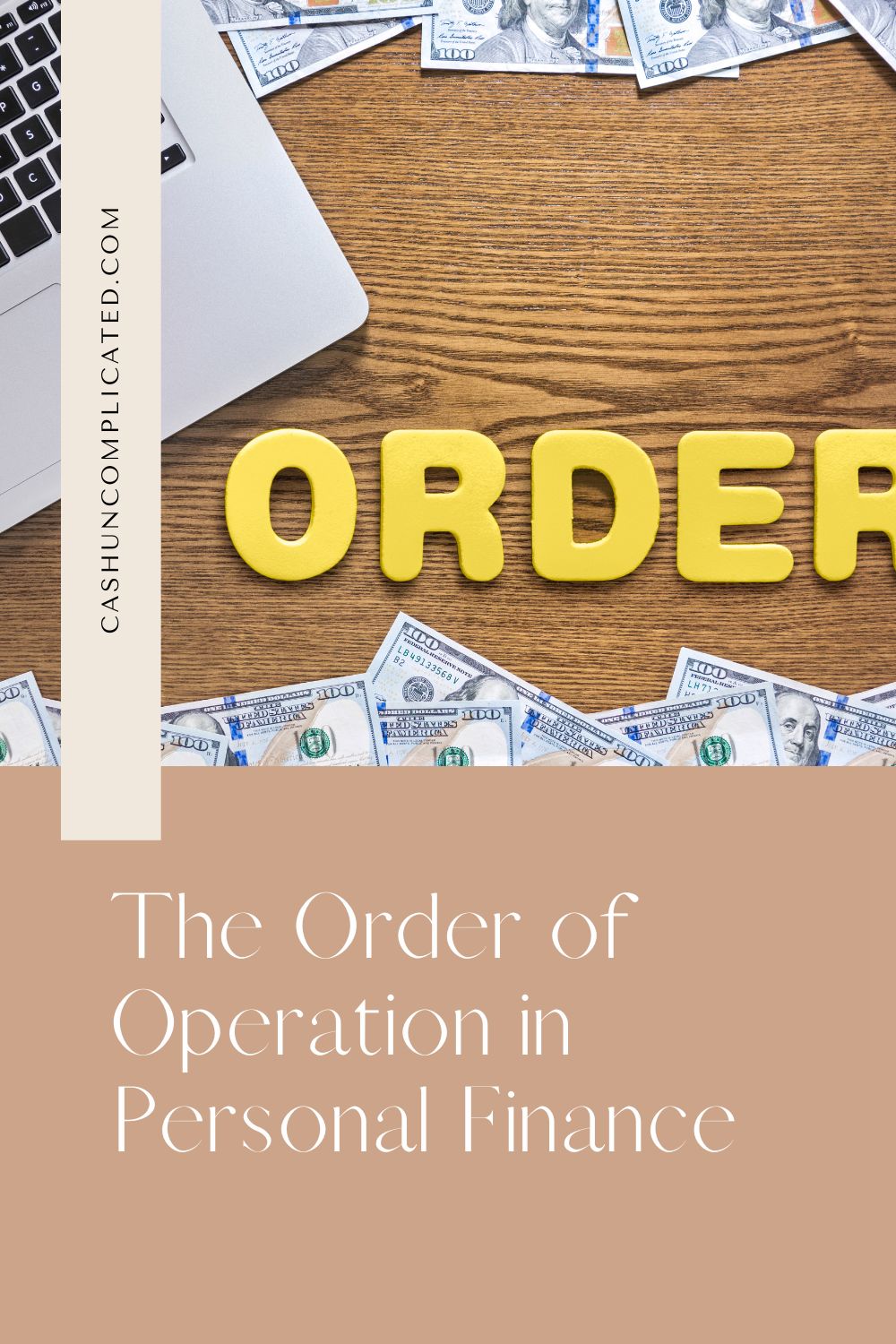Ok, so you did it. You made a bad financial choice. By “bad”, I mean something that doesn’t align with your goals and values. Something you wish you didn’t do.
Maybe you purchased something online that you didn’t really need, or opted for takeout because you got hungrier than usual on the way home from work. Or it could have been something bigger like booking a vacation you don’t have the money for.
Whatever it is, know that it’s a one-time event—unless you follow it up with another bad choice. Too often in life, we make a decision that doesn’t align with our values and goals, and quickly follow it up with another bad decision because we feel like we’ve already blown it.
This happens in other areas of life too; it’s not just related to personal finance. Since we’re in the middle of the holidays, I’ll give you an example from my life. I normally eat healthy, but during the holidays I sometimes fall off the healthy train. I’ll have a cookie, brownie, chocolate, or some other type of delicious holiday treat.
Then I’ll have another, and another, and another. Having one cookie or brownie isn’t really a problem, it’s having 5 more after that. And continuing the next day. A couple extra cookies one day is just an event, letting it continue is a streak.
It’s important to understand that we have a choice to stop the negative momentum. Just because you made a choice that doesn’t align with your values, doesn’t mean you should make another bad choice. It’s empowering to know that you have the choice to break the momentum and get back to what you value.
Financial success is cumulative and one bad decision won’t destroy you. If you make 100 good financial choices and a couple bad ones, you’re going to be fine. Of course I’m assuming that the bad choices are small to medium in scope.
Suppose for the last month that Tanja set a goal to bring her lunch to work on average four out of five work days, cook dinner five out of seven days, and spend less than $50 on online purchases. She calculated that bringing her lunch at least four days a week would save her about $40 weekly and cooking dinner at home at least five days a week would save her between $50 and $75 per week.
Online shopping hadn’t been a huge problem for Tanja but she was spending around $200 a month on average on things she didn’t really care about. Spending less than $50 every month would save her about $150 monthly.
If she hit all those goals, but one day after work went out with friends and spent a little too much on happy hour drinks and food, she’s fine. For the month she saved $160 on lunch, at least $200 on dinners, and $150 on reducing her online purchases. All in total, that’s over $500 just by those three things. The big picture is that Tanja had an exceptional month following her goals.
People who do well with their personal finances are consistent. Tanja for example hit well over 95 percent of her financial goals for the month and ended up saving over $500 for the month. That’s incredible consistency and a big money saver.
In a June 2019 article in Entrepreneur.com, Aytekin Tank profiles comedian Jerry Seinfeld on how he reaches his goals. Seinfeld has a system to “not break the chain.”
Seinfeld’s goal is to write at least one joke a day. After he writes the joke, he handwrites a red “X” on the calendar. A series of “X’s” creates a chain, and his goal is to keep the chain going.
The chain is a visual form of accountability. It’s satisfying to keep the chain going, and equally as unsatisfying to break the chain. A simple system like this can be used in personal finance as well.
You can track consecutive days without making a frivolous purchase online, days you brought your lunch to work, days you cooked dinner at home, days you made the number of sales calls you needed to, or days you put $5 in a jar to save for the end of the month. Anything you want to accomplish, you can track.
This is a great way to stay on track and not let one bad decision de-rail your goals. Even if you make a bad decision (which we all will), immediately start a new chain and start building it back up.
There’s an old adage in baseball that each team throughout a 162 game season will have at least one winning streak and one losing streak. The adage continues that it’s what happens in between those streaks that makes or breaks the teams season.
I look at personal finance in the same manner. During the course of a year, you’re going to make some good financial decisions and a few bad ones. It’s what happens in between that will ultimately impact your life.
That’s why it’s so critical to stop the losing streaks. With your response, you have the power to make it a one-decision losing streak or it can balloon to several bad decisions in a row. It’s nice to know that it’s up to you.








